Radek Ignatów is a designer who has impressed me over the past few years. I backed his Knight and Roll&Meow campaigns, so when I saw his post asking for people to preview his latest title, I knew I had to check it out.
While I would classify those other two titles as medium weight games, Townspire is lighter fare, with its theme and artwork both complementing this simpler approach. It seemed that Radek was going for a more family-friendly title this time around, but I was a bit concerned that the game might get too complicated.
However, I was pleasantly surprised to find that, thanks to some wonderful innovations, this is one of the most approachable print-and-play games I’ve seen in recent years.

Rebuilding the Kingdom
In Townspire, you take on the role of a Medieval architect, charged by your king to reconstruct a destroyed town according to some very specific instructions. You need to be sure that you provide plenty of housing, businesses, and protection for the new settlers before they arrive.
The game is played over 10 rounds, each of which starts off with an action card. These cards feature a top and bottom field with different conditions that you’ll fulfill for that turn. First, you’ll draw a new building on your map according to specific criteria – maybe on the edge of the map, or a certain number of spaces from another map object. There are several buildings, most of which allow you to convert your resources so that they have a higher value. There are also cottages that you’ll build for the residents you’ll need to run your businesses, and towers that can be used with walls to help protect your new city.
Next, you’ll activate the resources listed in that section of the card. There are several items that might be included. You might extend your walls. Maybe you’ll plant crops (wheat or tomatoes) or grow livestock (sheep and chickens). You might also gain work actions or be able to use them, which will allow you to grow or raise more, or use your buildings to do those advantageous resource conversions – like turning tomatoes into soup. You can also employ guards that will protect your land from the invading dangers.

Yeah, those dangers come next. Bandits will try to mess with your buildings, insects will attack your crops, and wolves will try to snatch your livestock. They must be placed according to special rules, similar to your buildings. You’ve got options to protect against these threats (like the aforementioned guards), but if you don’t, they’ll cause you to lose points at the end of the game.
Eye on the Prize
As you add more and more to your map, you’ll be working to accomplish two goals that are set for you at the beginning of the game. You might have to defeat a certain number of villains, or maybe create a certain number of loaves of bread and bowls of soup. These goals are specific to each map, and they are randomly assigned for you each game, so you’ll have to adjust your strategy each time you play. If you don’t manage to accomplish your goals by the end of the game, you lose.
However, if you reach those goals, you’ll add up all the points you’ve earned (mostly from your resources). If you’re playing with others, then the person with the most points is the winner. If you’re flying solo, you’ll compare your score to the suggested score thresholds to see how you did.
After playing this game a few times, I must say that it’s one of the more challenging print-and-play solo games I’ve seen. It might just be me, but I had a really hard time with keeping all the different placement rules straight and ensuring that I didn’t just plan for that turn, but looked ahead to future turns and challenges. For example, insect infestations can only be stopped by chickens, and chickens can only be placed by trees. So, I should only put them near trees, right? Yeah, my brain struggled with that, for some reason. However, I can definitely see how playing the game more and more will help out with that.
That being said, when the strategy works well, things can fall into place. It’s nice when you’re able to place that knight just right to take out the bandits. Lining up several turns to accomplish one of your two goals is quite satisfying, while having your best laid plans destroyed by a bad card pull is heartbreaking. If you can handle a little bit of luck, you should be fine. Plus, that luck is necessary to ensure that you don’t “figure out” the game and make it so that the same strategy would work every single time.
Oh, and while it’s a solo game, it can be played with other people. Just know that there’s not any interaction between players, so you’ll essentially be playing a solo game… with other people.
Medieval Innovation
But there’s one part of the game that I must report on, and I personally think it could have a HUGE impact on how print-and-play games work moving forward, at least for players like me. I personally love playing games on my iPad – it’s so much easier to get the game started, to store everything, to not have to worry about a bunch of little pieces. With a bunch of games, I can easily pull this off while using a dice app on my phone. However, when cards get thrown into the mix, things get a bit more complicated, and I’m less likely to play.

In this game, each map features a QR code that you can scan that brings up action cards for that map in website form. From there, the website will randomly select your goals, and then randomly produce the action cards for you. This might sound simple, but it’s SUCH a benefit for gamers like me.
In the past, I might have spent far too much time making sure the cards look decent (yet I’d still be disappointed with the outcome), and then I would need to find a place to keep those cards where I would remember whenever I want to play again. Now, I just have to scan, and boom! I can play. No printing, no cutting, no storage. While some might not see this as a big deal, it’s game-changing for me. I’ve already asked the designer if he would consider a similar functionality for his previous titles.
Final Thoughts
As it stands, Townspire is a solid addition to the print-and-play world that is worth your time and consideration. If this is a genre you’ll enjoy, then you’re going to like Townspire and the variability that it provides. Plus, if you approach your print-and-play games like I do – that is, with no printing – the approach to cards is a HUGE bonus and something you won’t want to miss out on.
You can find Townspire on Kickstarter now through August 21, 2025.
A prototype of the game was provided for this coverage. Components and rules covered in this preview are not finalized. Read more about our preview policies at One Board Family.
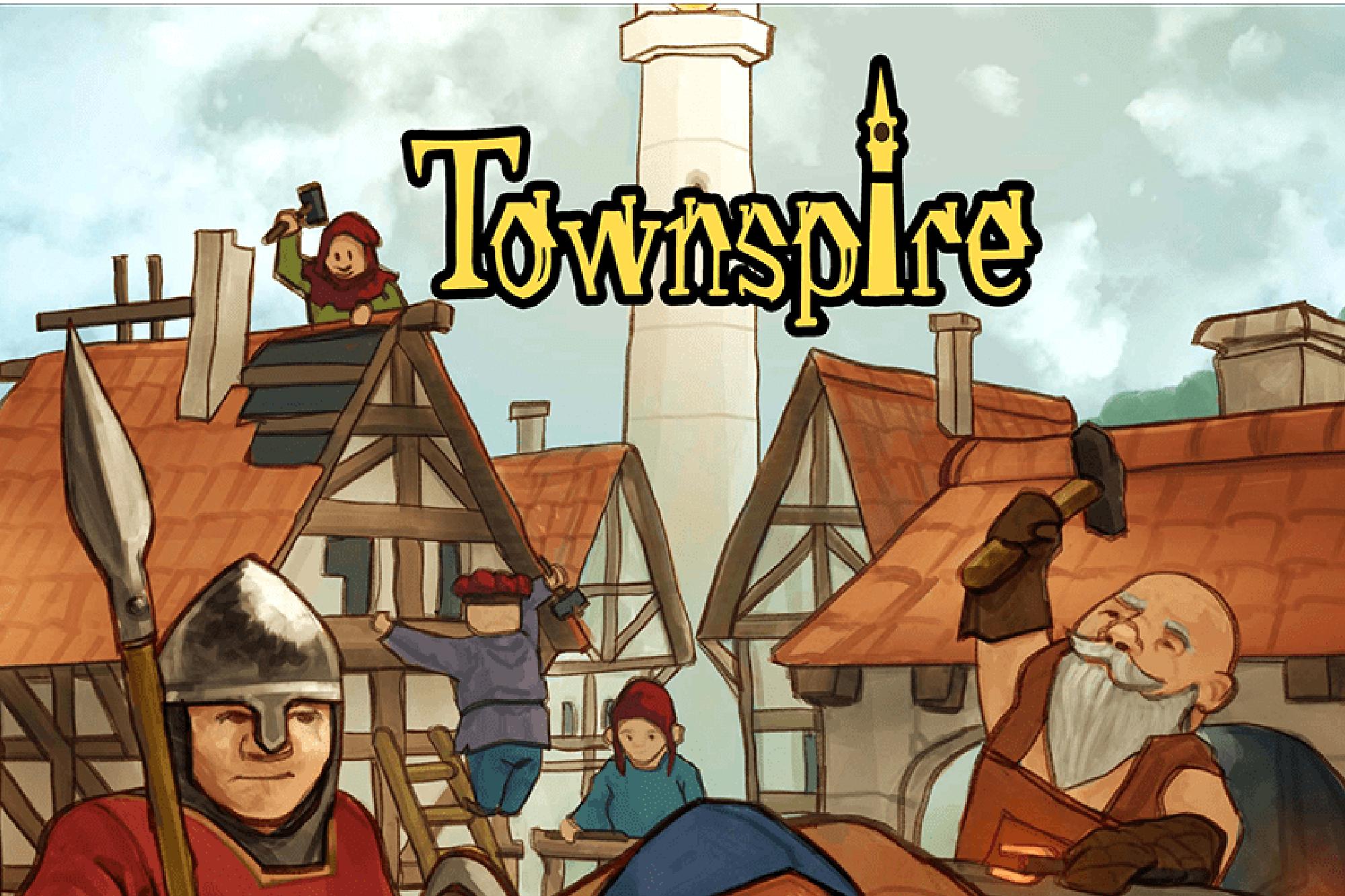
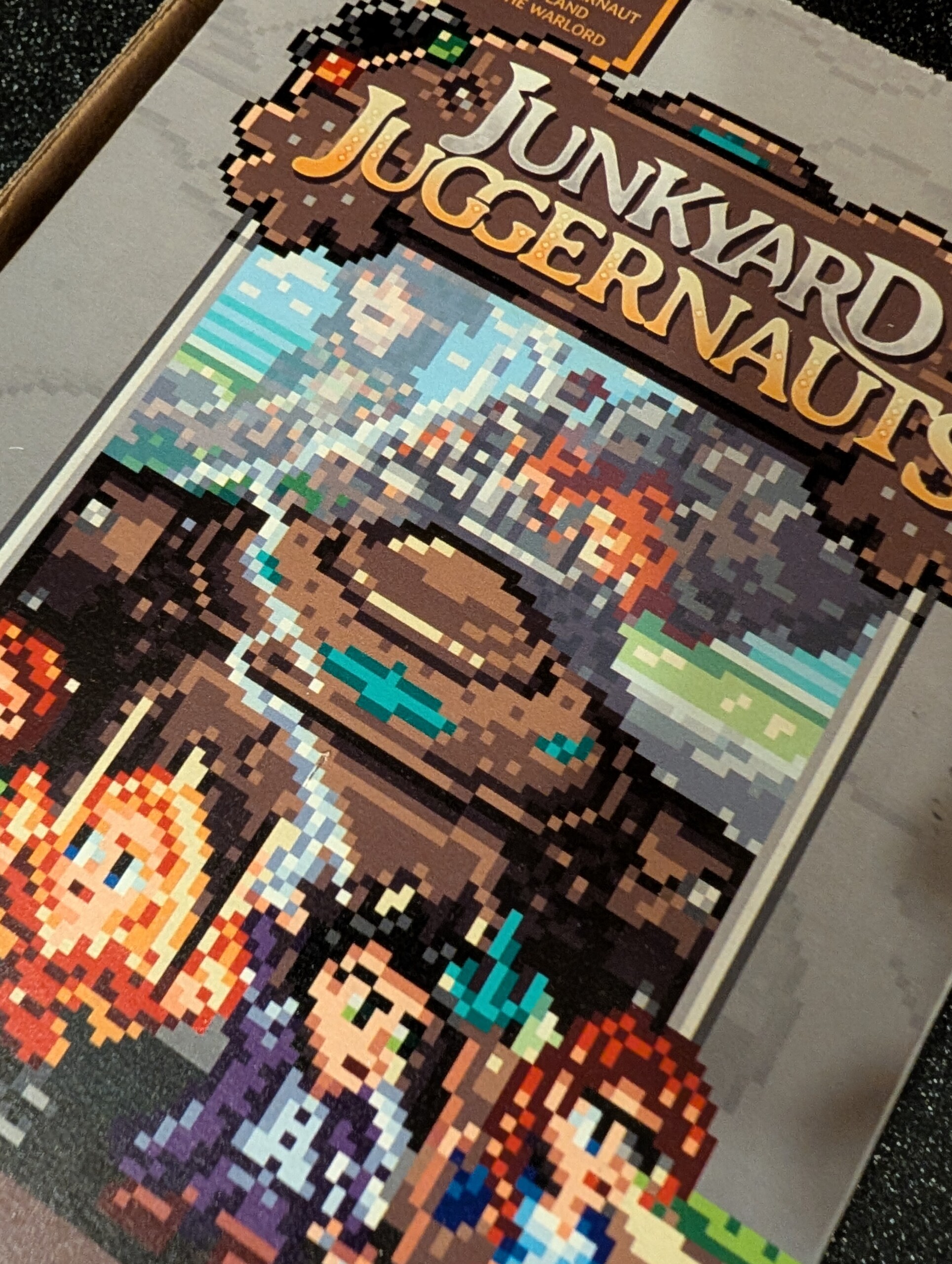





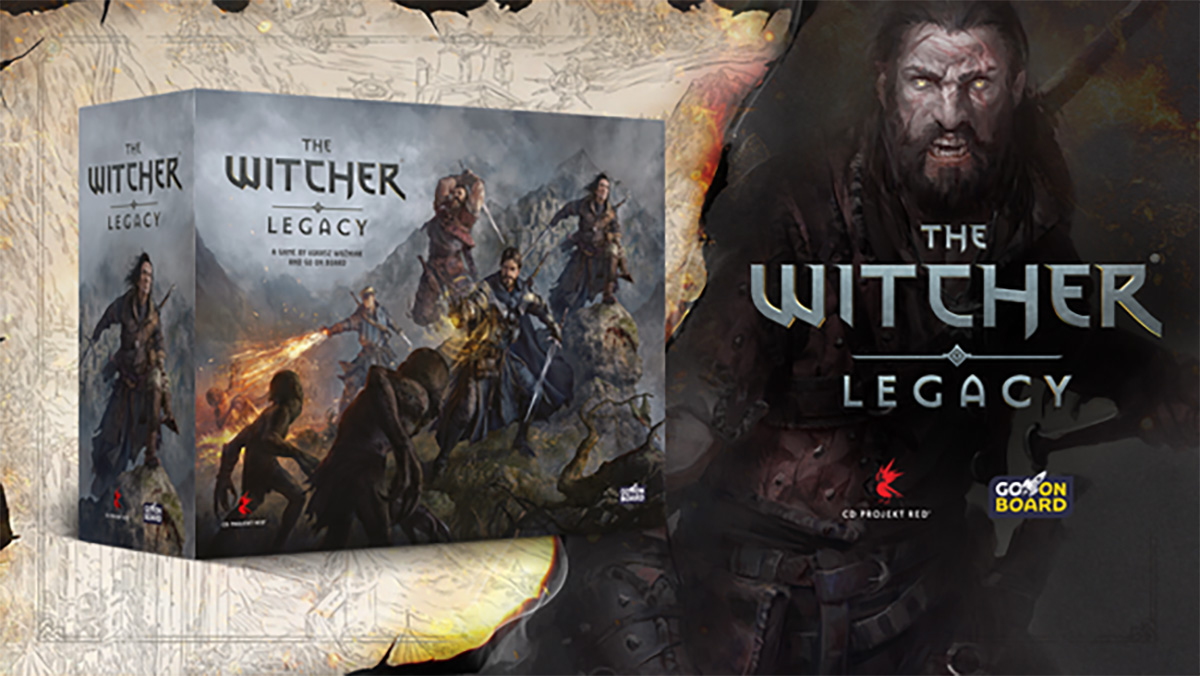

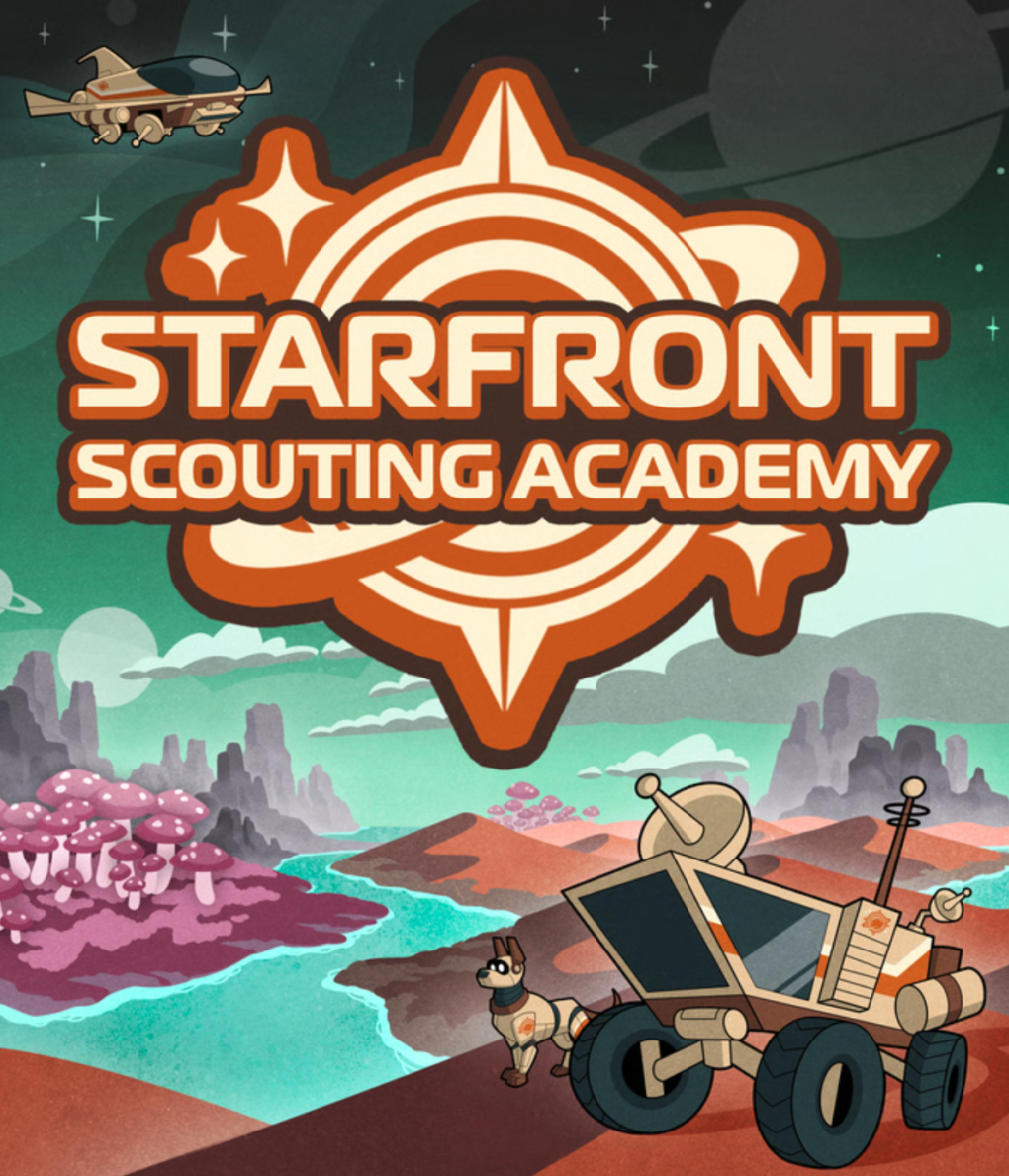






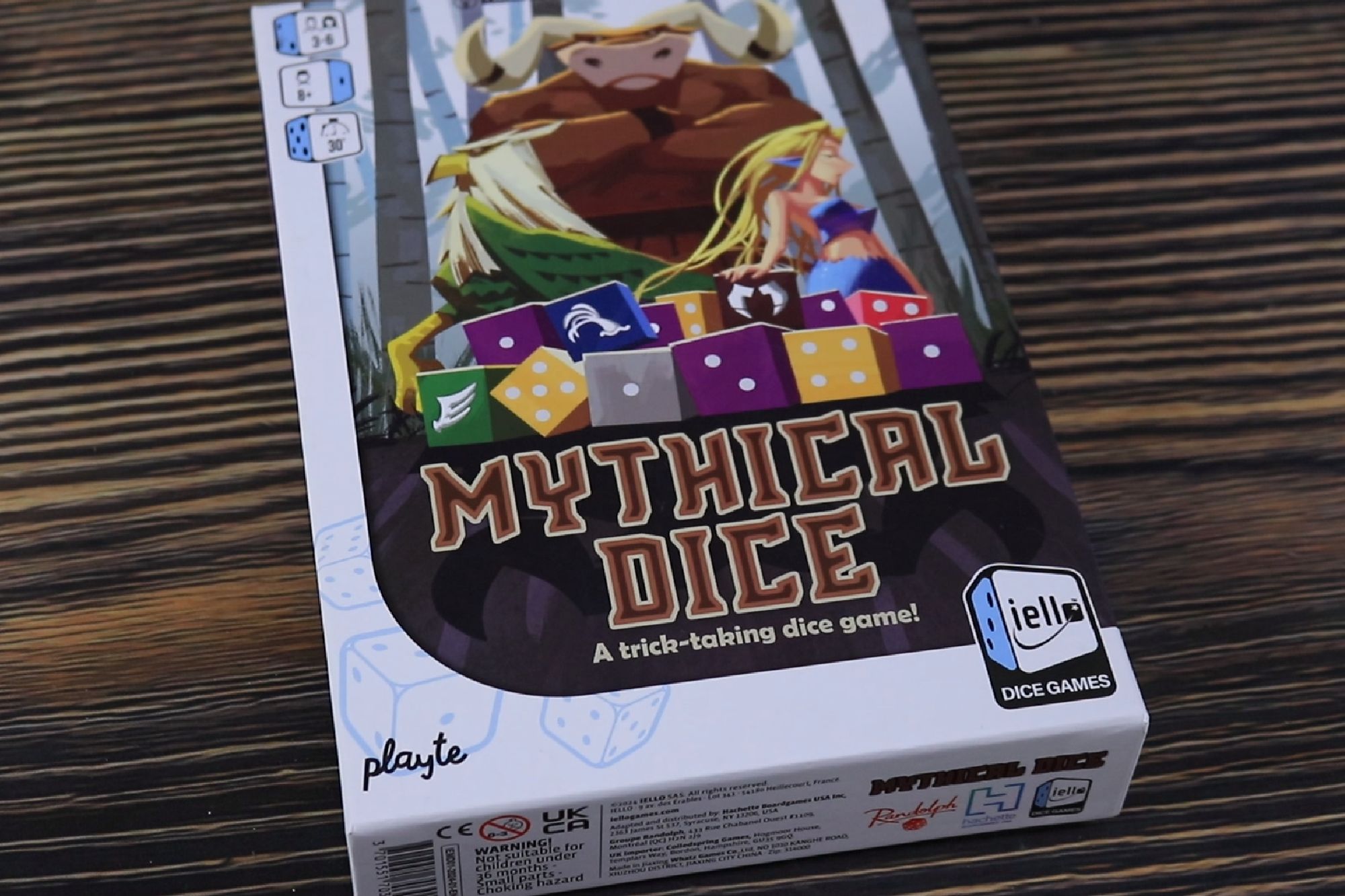


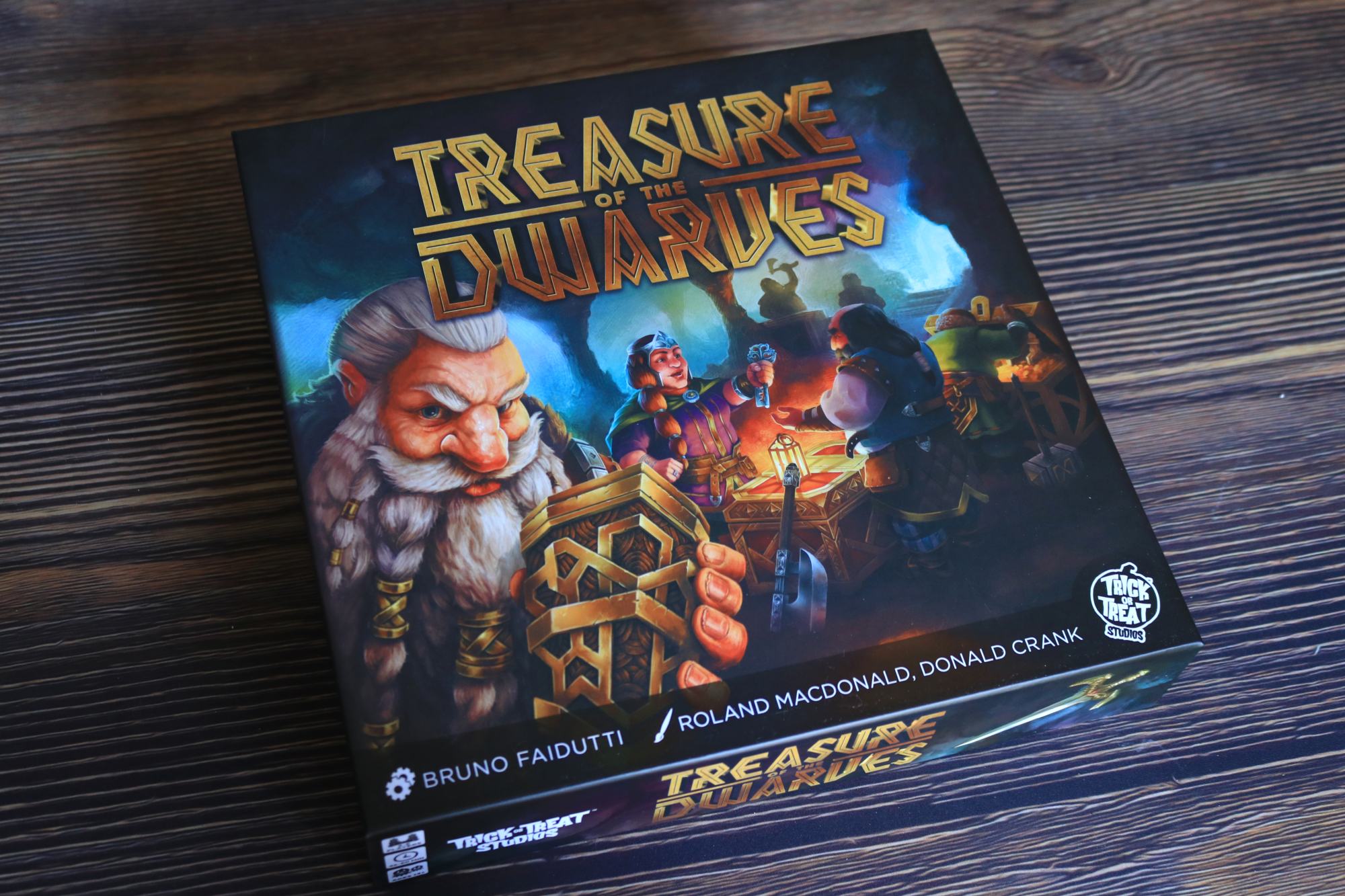








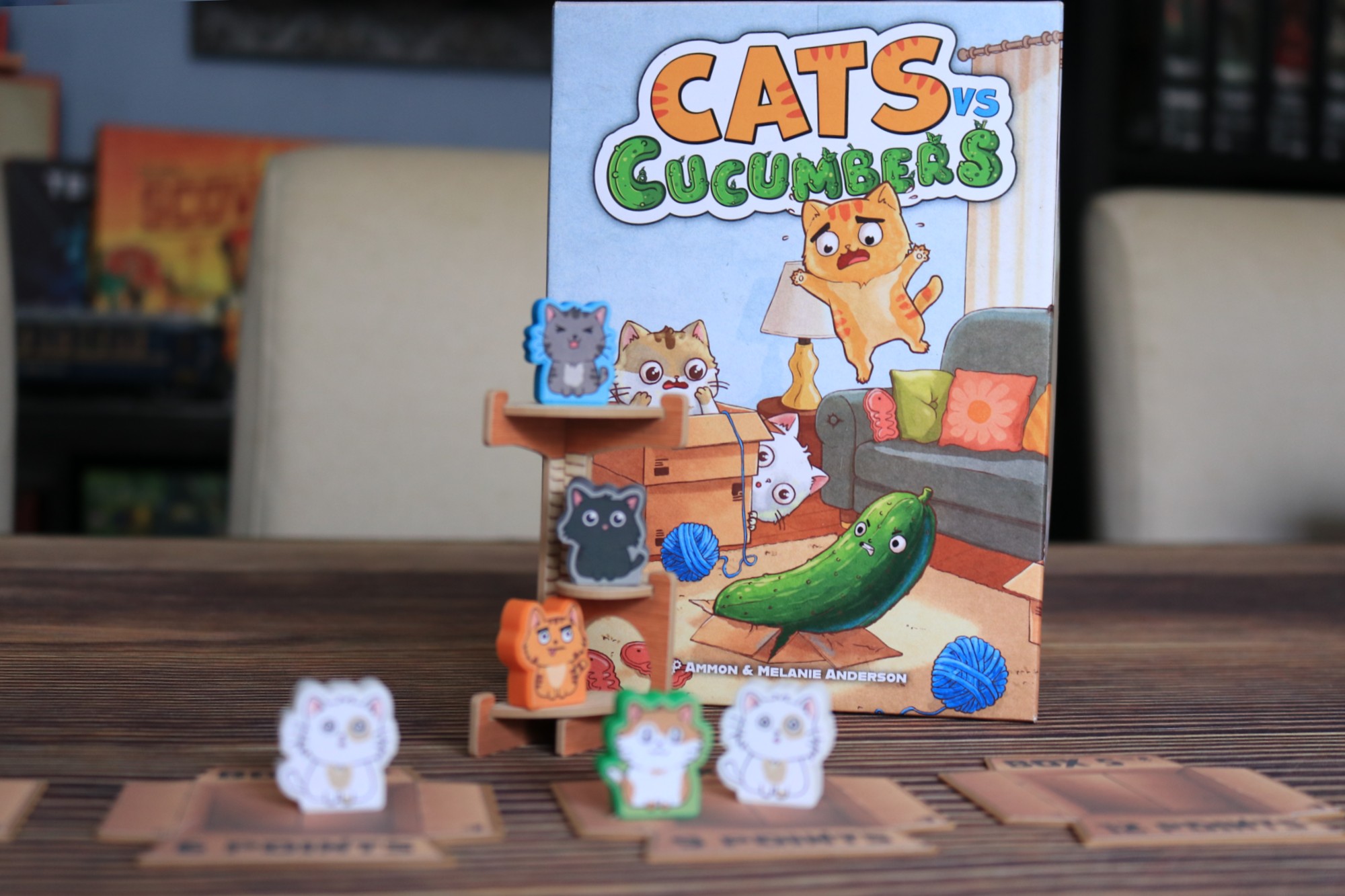




Published: Jul 31, 2025 11:38 am